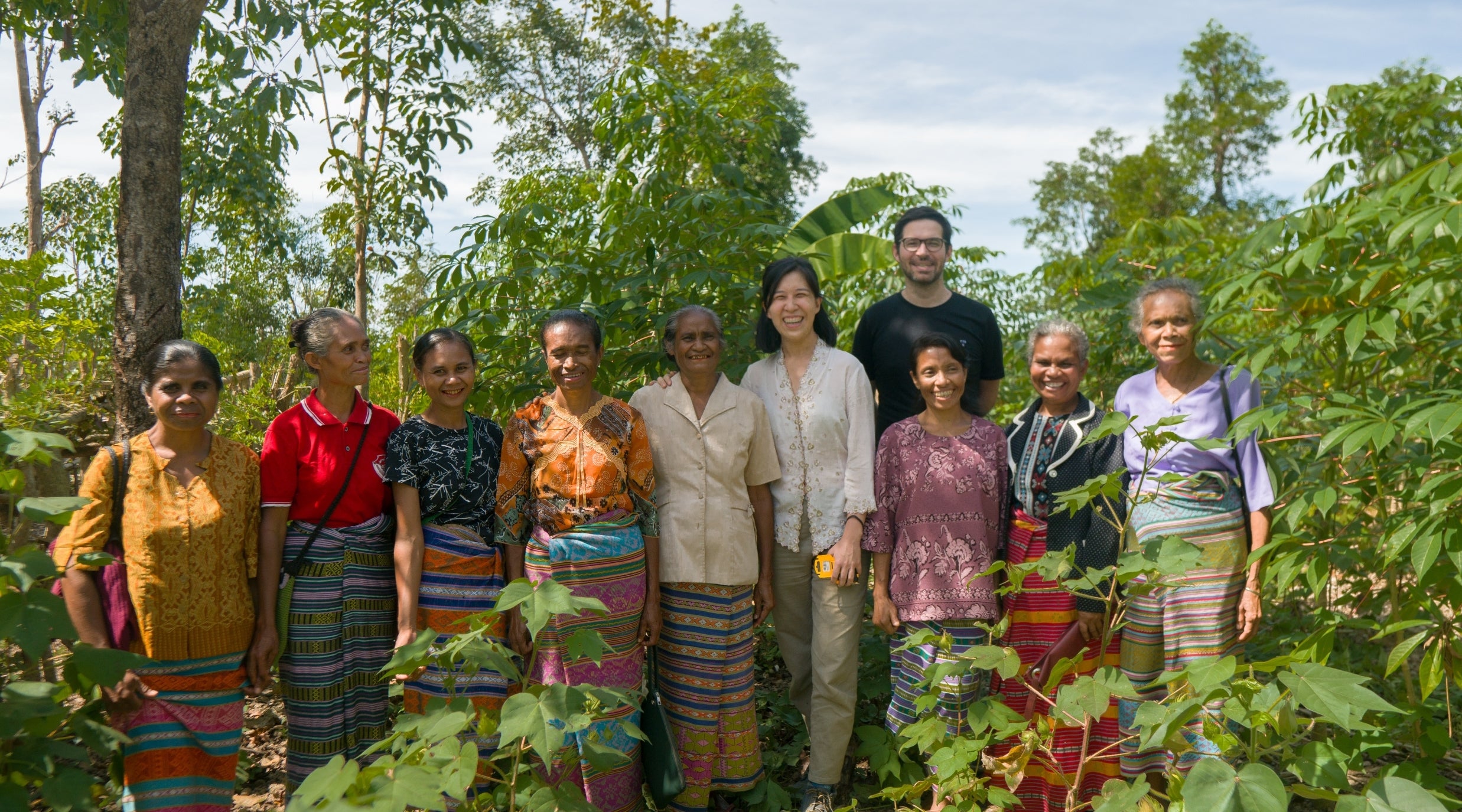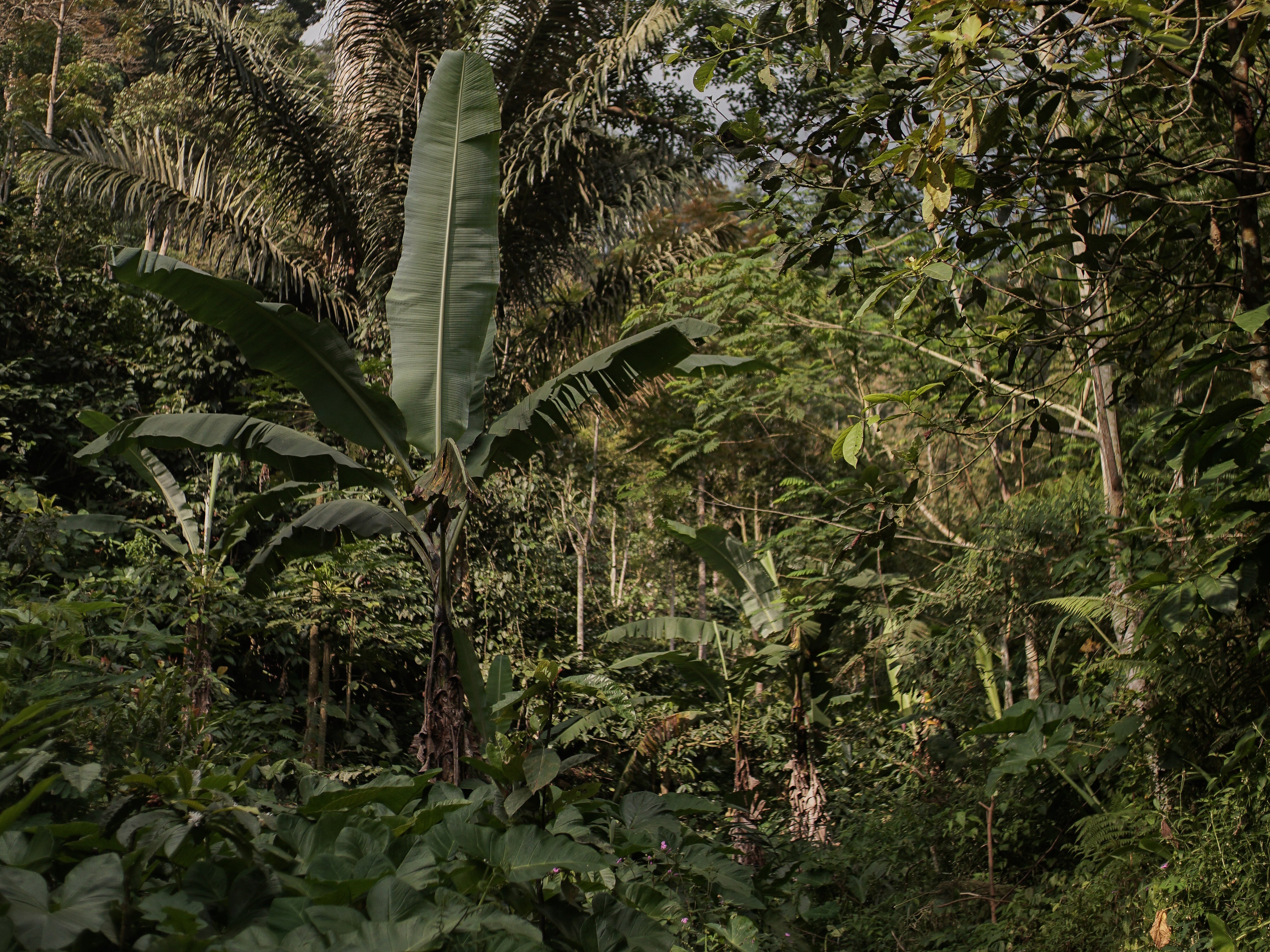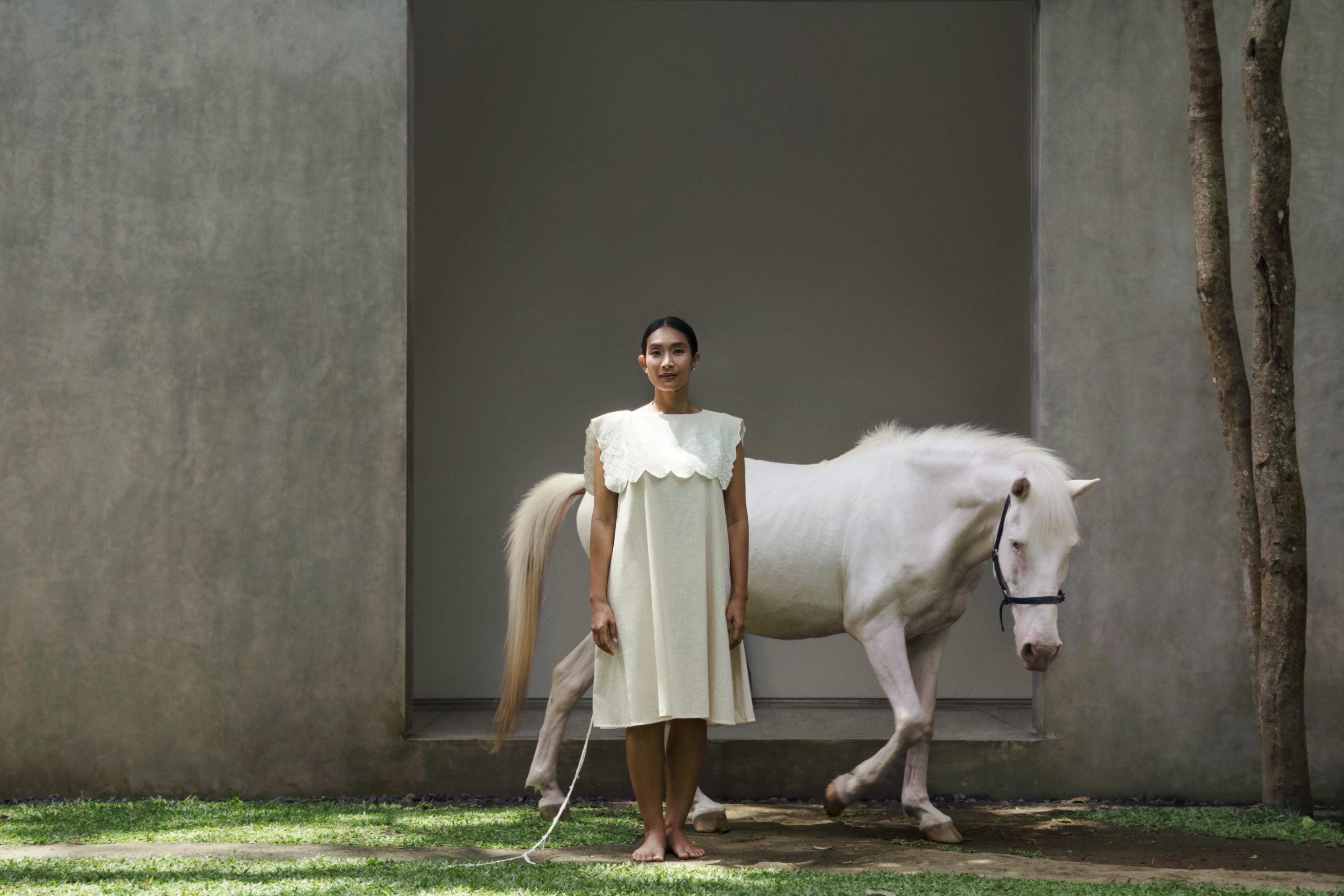
We’re going about 80km/h – way too fast for the narrow roads that meander through Timor’s steep mountains on our way back to Kupang. The lights of our small car cut through the dark, but only allow us to see about 20 meters ahead.
Fortunately, our driver has the reflexes and instincts of a wild cat. Swirling out of the way of trucks that seem to appear out of nowhere, and avoiding deep potholes that would certainly devastate our suspension.
It is then, after a red-eyed flight, meeting about 100 farmers in Soe and having a really deep conversation with our Mamas (mothers), when I felt tears streaming down my face. When we look back at our year, it’s only natural that we want to focus on the positive. On all the things that went well – that we’re grateful for. And there is nothing wrong with that.

But I want to invite you to also look at the bad. Like, the lowest of lows. Your own soul-crushing, I-dont-wanna-do-this-anymore, secretly-crying-in-the-back-of-the-car moments. The ones when you felt hopeless, stupid, and alone. When the voices in your head are telling you the 100 reasons why you can’t – and to do your best to appreciate and celebrate them nonetheless.
Because if there is one thing I learnt from all our failures this year, it's this: Our hardest, darkest times are the most important ones. For they hold the seed for something new, something so much better than you ever imagined possible.
It’s the realization that hit me that night in Timor like a ton of bricks. Let me explain.
You’ve probably heard that we started growing our own cotton, and are now bringing our regenerative Mama Tanah program to Indonesia’s dry East. It’s one of our core work – providing seeds, training and organic fertilizers to 150+ farmers in Bali, Lombok and Timor.
Together, restoring the health of our soils while growing the raw materials for Ana, our Creative Director, and her beautiful creations.
What we don’t really share all that much is how hard that process can be. How much of a fight it is for every kilogram of harvest, for every farmer to be part of this.
A fight against a changing climate, making it impossible to predict when is the best time to plant. A fight against the trauma of smallholder farmers who had been disappointed and left behind too many times. A fight against the propaganda of the chemical industry and their business interests.
This year, in particular, was full of moments that made me feel stupid, completely alone, incapable, and utterly lost.
While, at the same time, 150 farmers looked to me for support and direction. Talk about sleepless nights and this huge inertia to look at your phone in the morning.
It all started in January when we had to part ways with our largest community of farmers in NTT – a devastating decision given how much we knew this program could benefit the community.
Then in March, the seeds we had provided to over one hundred farmers just would not sprout. The reason: Back then we hadn't yet understood how to breed and select high quality seeds, and had stored them all wrong (yes, we’re still learning a lot about farming).
I scrambled to send better ones right away, but in many areas we had already missed the crucial window of seasonal rains, leaving most of the crops stunted, bearing a sad one or two flowers of cotton when harvesting time finally came along.
 Last week, as we’re gearing up for the next planting season to regenerate 12 hectares in East Indonesia, our biggest plot yet, I transferred what felt like an insane amount of money for much needed organic fertilizer support.
Last week, as we’re gearing up for the next planting season to regenerate 12 hectares in East Indonesia, our biggest plot yet, I transferred what felt like an insane amount of money for much needed organic fertilizer support.What I realized that night in Timor was that each of these lows held in them the seed for something better. Each failure somehow led us to a new path we had never chosen if we had not failed so badly in the first place.
The first community we had to stop working with taught us the need for a different, more focused approach of working with less farmers to build success stories. Even though we had to stop working with said community, through it we found two other village communities – one in a different area in Timor and another in Lombok, where we are scaling next year.
Our seed fiasco led me to finally reach out to researchers. Making life easier for our farmers and improving the quality of our cotton. All while starting our own seed production so that our farmers can be independent from big companies.
There is also a renewed sense of hope with every obstacle we stumbled upon.
Like a sudden increase in sales or an email from a potential partner organization which gave rise to the idea to build an ecosystem of organizations that, together, could share the costs to regenerate soil health – a problem so urgent and is already affecting all of us.
Do I know for sure that it will work out eventually? No. But having met so many inspiring people this year like the researchers or Mama Yundri, we keep pushing ahead. Seeing as far as our headlights go. Trusting that the road will unfold ahead of us.
Because we know that this work needs to be done.
And so, we continue fighting for every kilogram, for every farmer. Coming back to work day in and day out. Even when we too are filled with fear.
So, whatever it is you set to do, I hope that this story resonates with you. Whatever it is you experienced, whatever you had to go through, I hope that in it you found valuable lessons. That they, too, held the seed for greater things to come.
You, too, can continue moving forward boldly on your path. Even when you can only barely make out the road ahead of you in the darkness.
I wish you and your loved ones all the best for 2025!
Always yours,
Bertram




